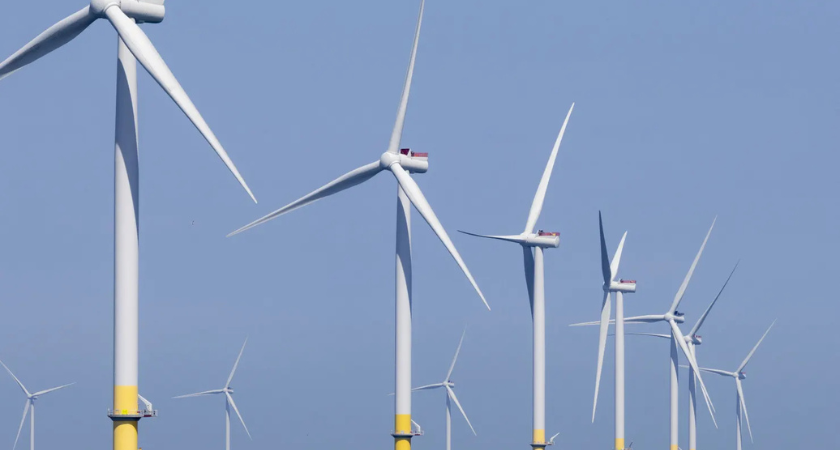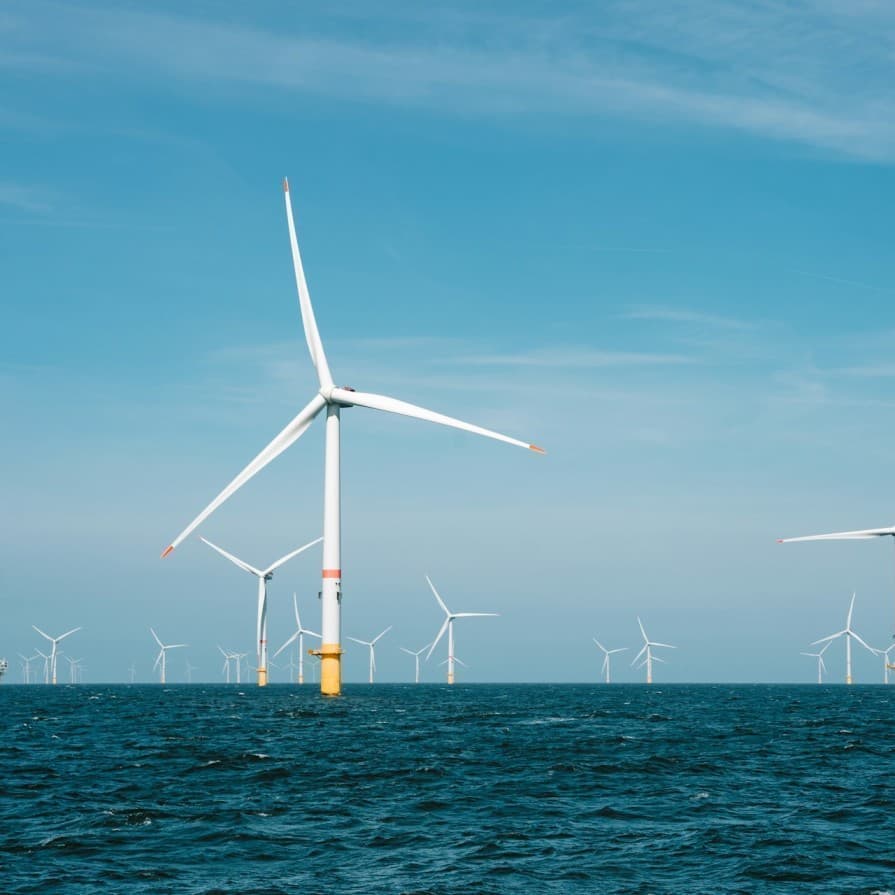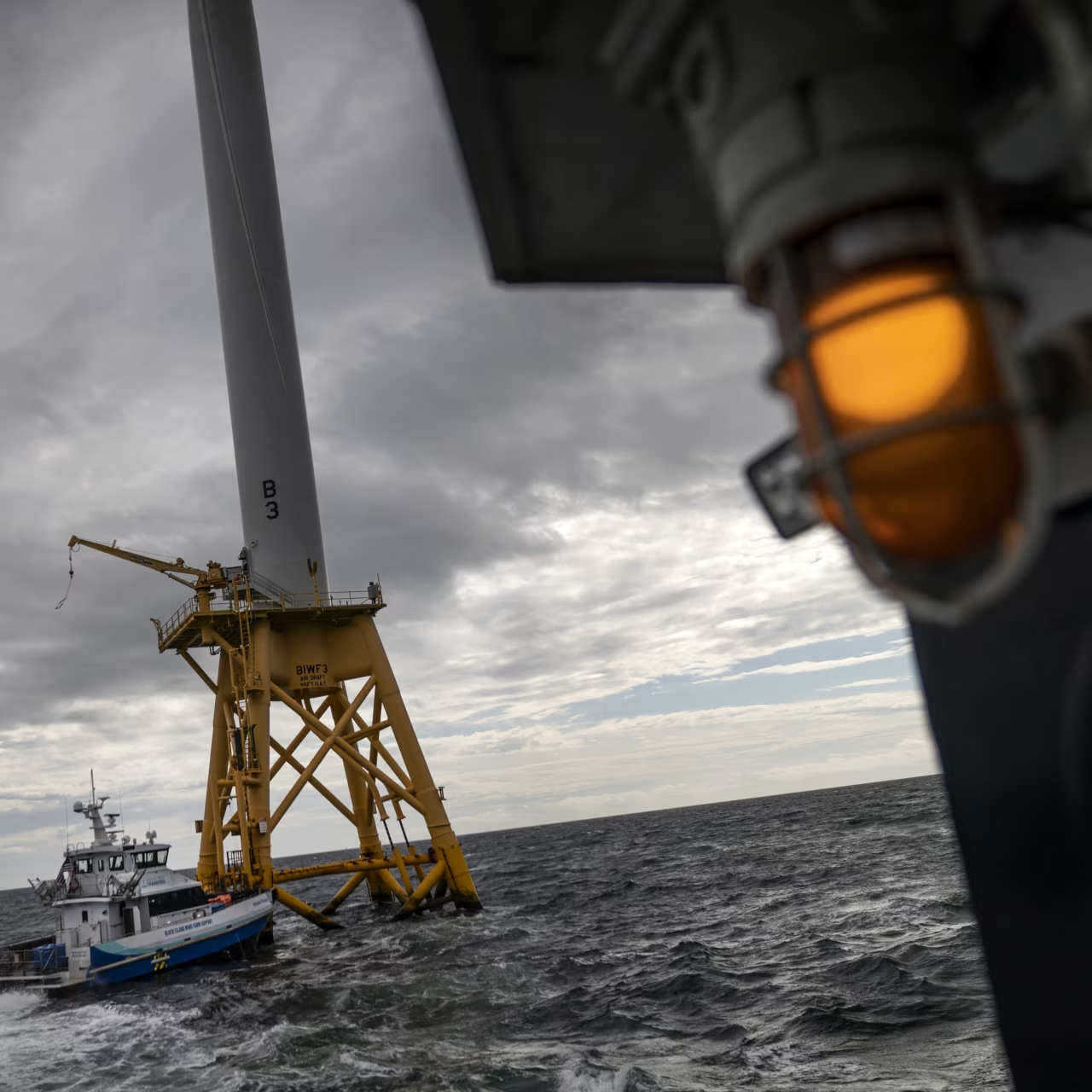
Shares in Danish offshore wind giant Orsted tumbled to a record low on Monday after U.S. regulators ordered a halt to construction on one of its flagship projects.

The Bureau of Ocean Energy Management (BOEM) issued a stop-work order late Friday for the Revolution Wind Project, located off the coast of Rhode Island. According to Orsted, the project was already 80% complete, with 45 of its planned 65 turbines installed.
The company confirmed it would comply with the directive but is actively evaluating ways to resolve the situation and continue construction.
The news sent Orsted’s stock plunging by 16.7% in early trading, its sharpest single-day drop on record, according to LSEG data. The decline further compounds pressure on the company’s finances as it seeks to stabilize investor confidence.
Earlier this month, Orsted unveiled plans for a 60 billion Danish kroner ($9.4 billion) rights issue to strengthen its balance sheet. On Monday, the firm said it would continue with the capital raise and still had the support of its majority shareholder, the Danish state.
Analysts, however, warned that the halt creates significant uncertainty for the company’s financial outlook.
Jacob Pedersen, head of equity research at Sydbank, noted that while the immediate effect of the stop-work order could be limited to additional holding costs, the worst-case scenario would be catastrophic.

“The financial consequences of the stop-work order will at best be the ongoing costs of the work being stopped,” he said, according to a translated note. “In the worst-case scenario, the Revolution Wind Project would never supply electricity to the U.S. In that case, Orsted faces a double-digit billion write-down and significant additional costs to get out of contracts. This will, by all accounts, increase the capital raising requirement to significantly more than DKK 60 billion.”
Still, Pedersen said Orsted’s decision to proceed with its fundraising plans suggested management was optimistic the crisis could be contained.
“Orsted’s assessment of this is positive — but it is no guarantee that it will end up like this,” Pedersen added.
The halt comes at a critical moment for the global renewable energy leader, which has faced rising costs, supply chain disruptions, and investor skepticism in recent years. The Revolution Wind Project was seen as a cornerstone of Orsted’s U.S. expansion strategy, expected to deliver 704 megawatts of clean energy once complete.
For now, investors and industry stakeholders will be watching closely to see how Orsted navigates both the regulatory challenge and the broader financial test posed by the suspension.
Originally reported by Sophic Kiderlin in CNBC.